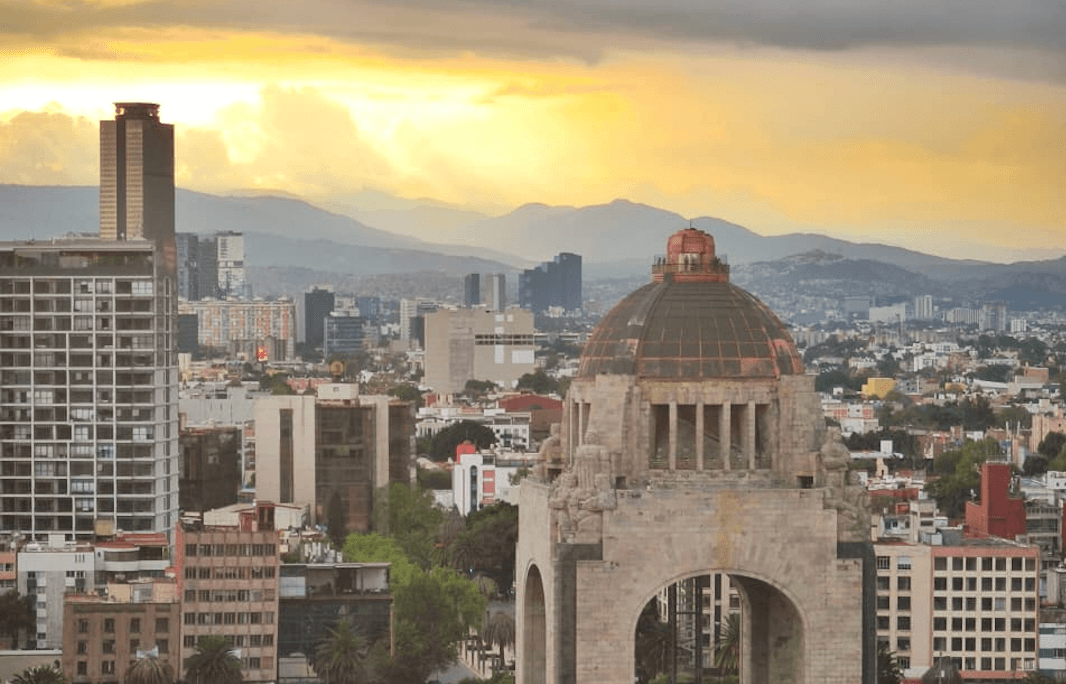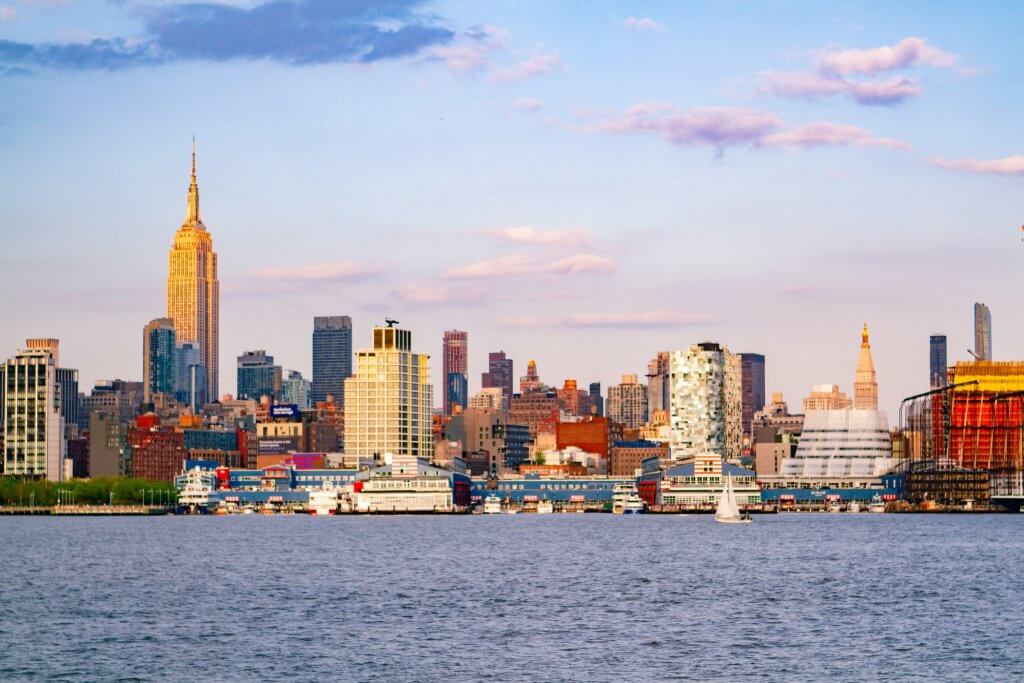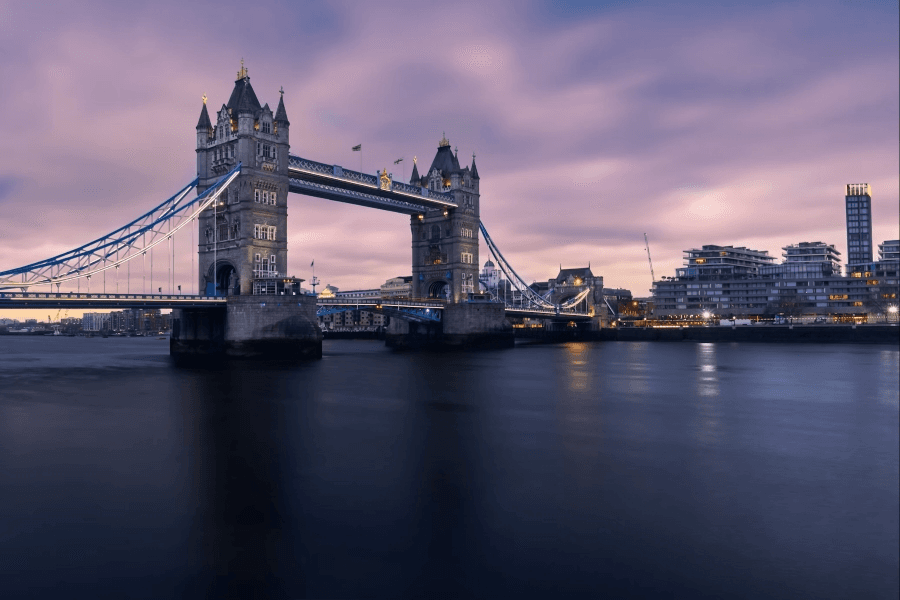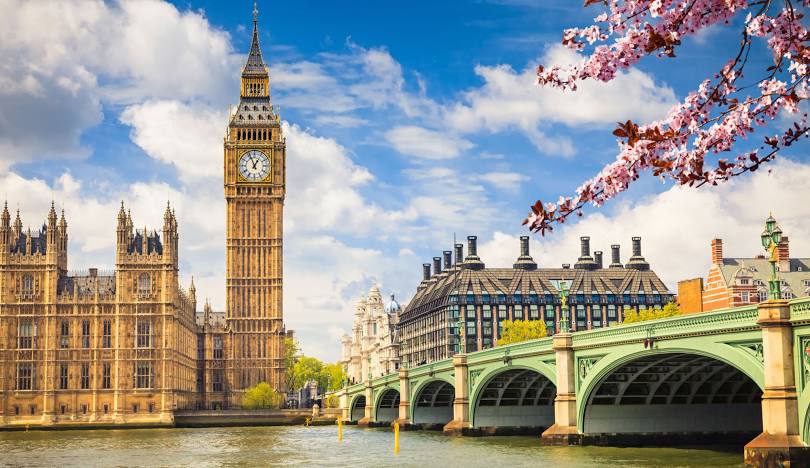
Meanwhile, a special Senate committee chaired by Senator Dr. Veerapun Suvannamai formally rejected the previous government's draft Entertainment Complex Bill this week.
According to the Bangkok Post, the committee's rejection of the bill stemmed from concerns about potential social impact, economic instability, and national security risks. The committee explicitly stated that passage of the bill could lead to long-term harm, including increased money laundering risks and a decline in public trust.
Committee members also suggested exploring alternative models for legalizing casinos, but the feasibility of several proposed proposals, such as building "entertainment complexes without casinos," establishing "limited-area casinos with strict access controls," and launching "regulated online gambling platforms," raised questions about their feasibility. However, as international industry players have noted, entertainment complexes without casinos face difficulties attracting investment.
The Bangkok Post also mentioned that some senators have suggested limiting casino access to registered tourists, following the Australian model. However, none of Australia's 14 licensed casinos currently have such restrictions.
Regarding the draft bill, Senator Chinachot Saengsang stated, "Casinos are not an ancillary component of the bill; they are the core proposal. If the new government includes casino legalization in its agenda, it could undermine public confidence and affect long-term governance."
The committee ultimately concluded in its report that the bill would bring extremely limited economic value and would instead incur high infrastructure costs that could increase the burden on the country.
The bill had been withdrawn from the House of Representatives agenda in July by the former Thaksin family government due to growing opposition and was transferred for further study.



 6Days ago
6Days ago















